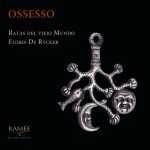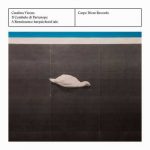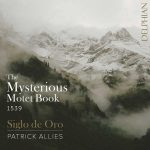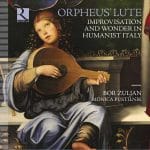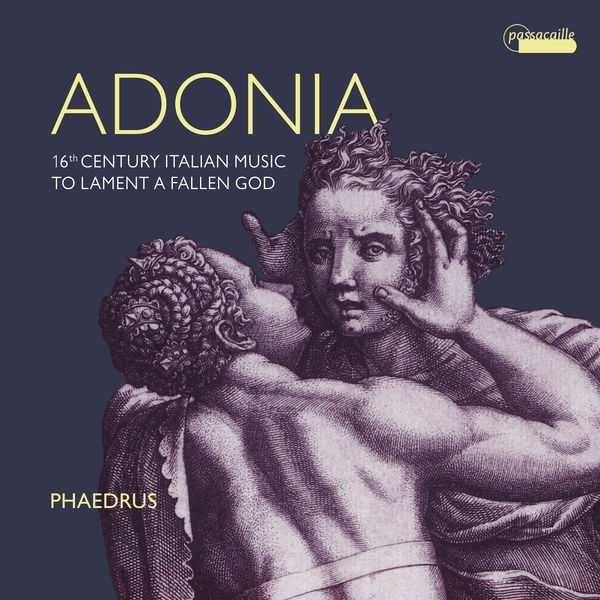

Performer: Phaedrus
Conductor: Mara Winter
Format: FLAC (tracks)
Label: Passacaille
Release: 2022
Size: 1.13 GB
Recovery: +3%
Scan: yes
01. Poliziano: Se tu sapesti el duol che Vahna acquista
02. Bendusi: Opera nova de balli: No. 22. Il ben ti vegna – No. 19. Bandera – No. 9. La falilela
03. anon.: Viva viva li galanti li amorosi tucti quanti che non
04. anon: Se per fedel servir morte patisco
05. Verdelot: Madrigali, Libro 3: No. 6. O dolce nocte, “O dolce nocte, o sanct’Hore nocturn’et quete”
06. anon.: Sine nomine
07. Arcadelt: Il vero secondo libro de madrigali: No. 24. Donna, quando pietosa, “Donna, quando pietosa ver me gli occhi volgete”
08. anon.: Poi che la lingua mia tacendo dice
09. Dalza: Intabulatura de Lauto, Libro 4: No. 23. Calata de strambotti – No. 17. Pavana alla Ferrarese
10. Arcadelt: Il primo libro de’ madrigali a 4 voci: No. 1. Il bianco e dolce cigno, “Il bianco e dolce cigno cantando more”
11. Zuljan: Lute Improvisation on “Se lieta e grata morte”
12. Verdelot: Madrigali a 4 voci, Libro 1: No. 15. Se lieta e grata morte, “Se lieta e grata morte da gli occhi di madonna”
13. Gastoldi: Balletti a cinque voci: No. 14. Caccia d’amore, “Queste correnti linfe”
14. Demophon: O del mondo Tiranno
15. Rore: Tutti i madrigali a quattro voci, libro 2: No. 28. Mia benigna fortuna (Pt. 1) – Crudele accerba (Pt. 2)
16. Willaert: Musica Nova – Madrigal a 4 voci: No. 30. Questa anima gentil, “Questa anima gentil che si diparte”
17. Tromboncino: Non val acqua al mio gran fuoco
18. Mainerio: Il primo libro de balli: No. 13. Tedescha
19. Mainerio: Il primo libro de balli: No. 12. Schiarazula Marazula, “Son due fiaccole ardenti”
Through centuries of re-telling the myth of Venus and Adonis, the ritualistic Adonia festival held in ancient Athens has remained a part of the story which fascinated a number of literary figures during the Italian Renaissance. The ritual was both a lamentation of love cruelly stolen by the hands of fate, and a feverish “final dance” with all of life’s short-lived pleasures and desires. The ensemble Phaedrus partakes in an experimental musical staging of the Venus and Adonis mythos as transmitted during the Italian Renaissance by setting extracts of Marino’s 1623 Adone and from Girolamo Parabosco’s La favola d’Adone, published in 1545, to early frottole music. Phaedrus surrounds these newly arranged frottole with instrumental music inspired by the tragic life of Adonis. Elevating the voice with traverso consort and lute, Adonia aims to find points of commonality between historical aesthetics and contemporary experiences of love, amorality, and ecstatic bereavement.
